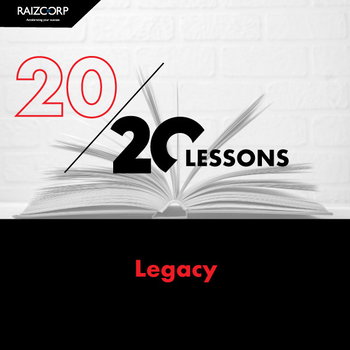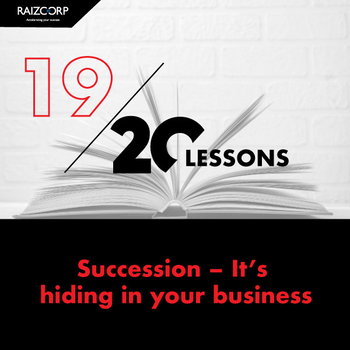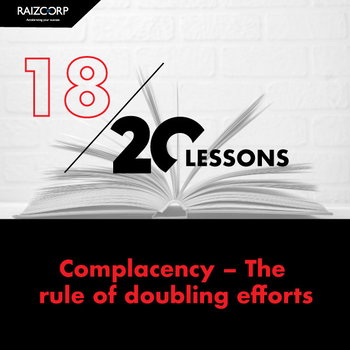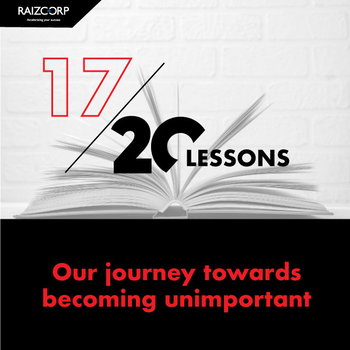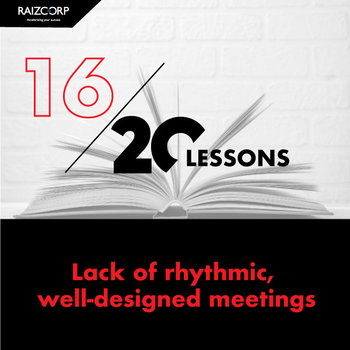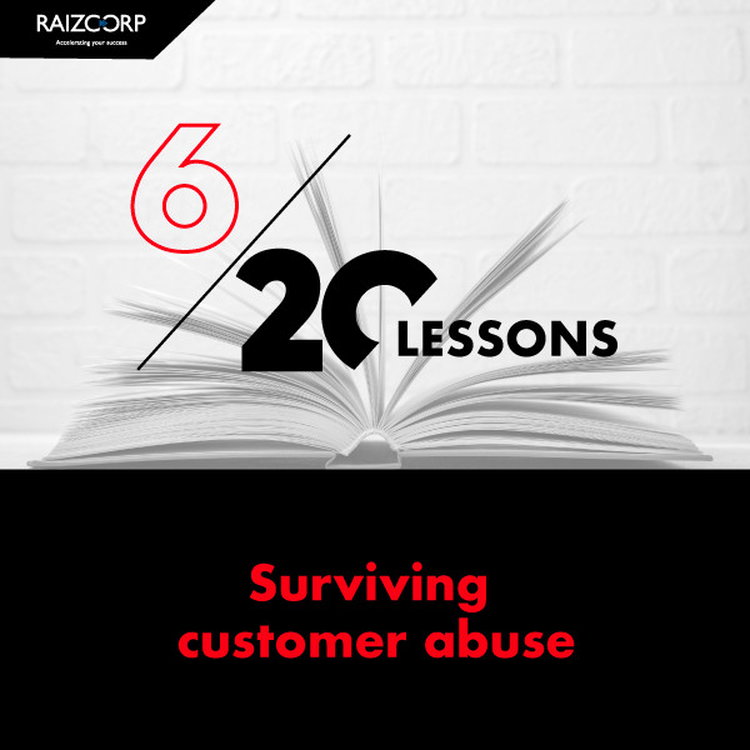
Surviving customer abuse
Loading player...
In the startup years, the adage “the customer is king” remains fresh and deliberate in your mind. They are, of course, the king (or queen) and you are here to serve.
This is the ideal narrative but every business at some point in the journey attracts a client who is abusive. It’s an important experience and a rite of passage, and how you manage this first abusive relationship will determine your business journey going forward.
As an entrepreneur, you have two main directives. The first is to provide value to your clients, and the second is to receive value from your clients.
Understanding the power differential and perhaps even sensing your desperation, some clients will take advantage of and squeeze the relationship to such an extent that it creates massive value for them and little or no value for you. The bottom line is that it’s hard to say no to a client, especially if they are your biggest.
This rite of passage is the time for entrepreneurs to develop a sense of boundaries. When you understand the dual directive and deeply believe that you deserve to be paid for the value you provide, the idea of losing a client who doesn’t respect – or pay – you becomes easier to accept.
Join Allon Raiz for episode 6 of 20 Lessons Over 20 Years to hear how to respectfully, but assertively, deal with abusive clients
This is the ideal narrative but every business at some point in the journey attracts a client who is abusive. It’s an important experience and a rite of passage, and how you manage this first abusive relationship will determine your business journey going forward.
As an entrepreneur, you have two main directives. The first is to provide value to your clients, and the second is to receive value from your clients.
Understanding the power differential and perhaps even sensing your desperation, some clients will take advantage of and squeeze the relationship to such an extent that it creates massive value for them and little or no value for you. The bottom line is that it’s hard to say no to a client, especially if they are your biggest.
This rite of passage is the time for entrepreneurs to develop a sense of boundaries. When you understand the dual directive and deeply believe that you deserve to be paid for the value you provide, the idea of losing a client who doesn’t respect – or pay – you becomes easier to accept.
Join Allon Raiz for episode 6 of 20 Lessons Over 20 Years to hear how to respectfully, but assertively, deal with abusive clients

